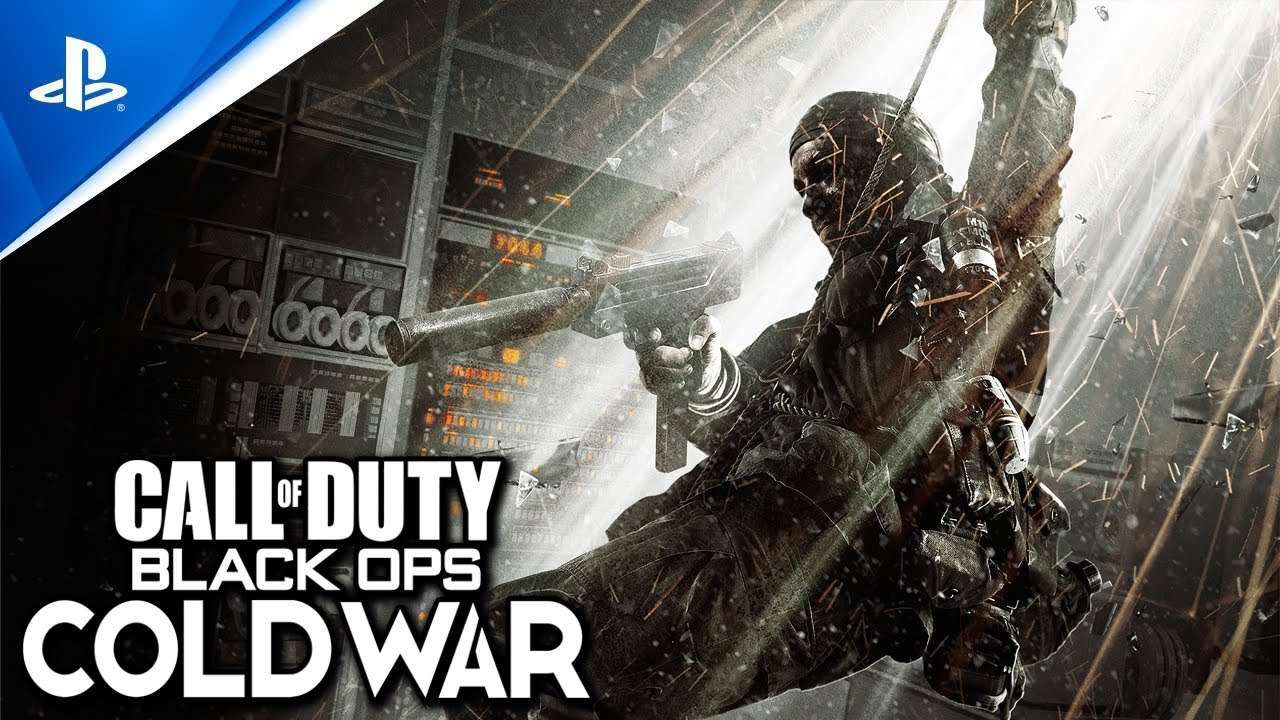

Instead of delving into the political murkiness that the Modern Warfare subseries is well positioned to examine, what follows is a disappointingly cynical and aimless exercise in storytelling. While Call of Duty has pulled from recent history to frame its stories in the past, basing Modern Warfare II's set-up on such a contentious event – and naming Iran specifically rather than choosing to abstract the reference by setting the assassination in one of the series' fictional nations – provides a promise for narrative ambition that the game fails to fulfill. Sketched in brief, this plot is a modern paranoiac’s dreams come to life, Zyani collaborating with Russian allies and a fictional Mexican cartel to plan a missile strike on the continental United States. In a departure from recent history, this affront to a sovereign nation is met with a byzantine terrorist retaliation plot concocted by the dead general’s successor, Major Hassan Zyani.

As in the actual Soleimani’s killing, Call of Duty’s fictional Quds Force commander “Major Ghorbrani” is assassinated by American forces using a drone strike, here controlled by the player. Modern Warfare II opens with a lightly fictionalized version of the real-life assassination of Iranian Quds Force commander Major General Qasem Soleimani. And yet, the surface-level hideousness of its parade of death might not be so notably ugly if it wasn't for Modern Warfare II's cast of characters and the way they – drawn from international special forces, a private military company’s contractors, and a Mexican cartel – view the world. Like every Call of Duty game, the majority of time spent playing involves either killing or being killed in horrendous ways, for one thing, and there’s a natural revulsion that comes from seeing so many gouts of blood shooting from bodies or the ragged slump of newly lifeless human corpses piled up in a doorway. Call of Duty: Modern Warfare II is a very unpleasant game.


 0 kommentar(er)
0 kommentar(er)
